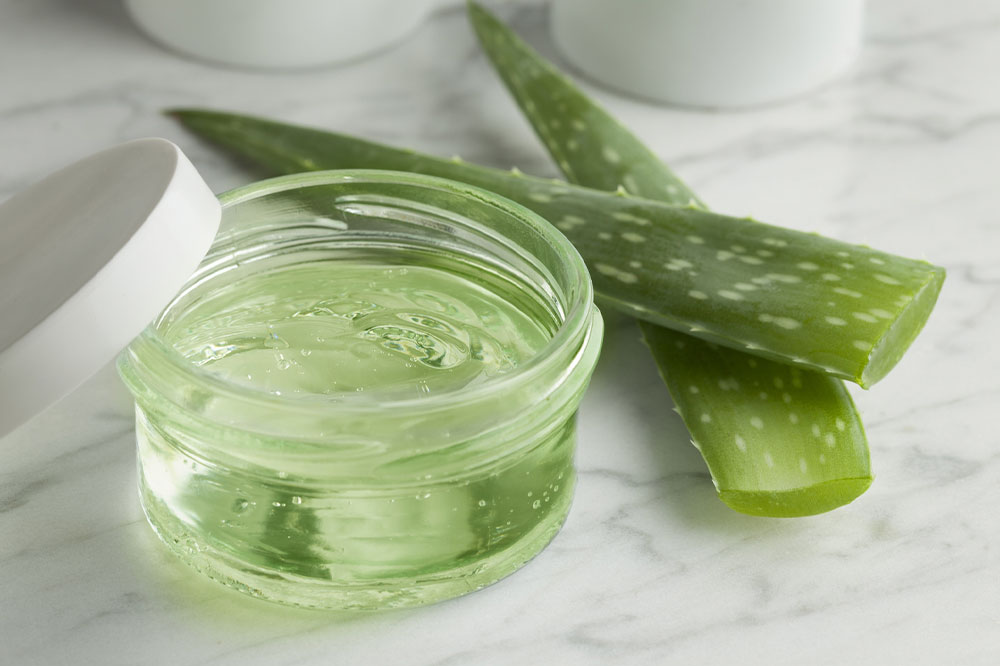Atopic dermatitis or eczema is a skin condition where the skin develops red, itchy, and inflamed patches. In some cases, there might also be small bumps or blisters that might develop on the skin. Eczema is of different types and depends on the place of the body it affects. Simultaneously, some can be treated and eventually cured of the condition, so one must know the signs and symptoms of this condition to treat it.
Dry skin
One of the key signs of eczema that can be observed early on is dry skin all over the body. The most affected areas by eczema are the face, the bends of arms and legs, and the skin around the neck. Patients often experience their skin getting tighter and dryer before a flare-up. It is important to keep the skin moisturized and avoid dryness that can cause micro-cracks in the skin.
Itching
The excessive dryness of the skin often develops into itching. This develops an urge in patients to keep scratching their skin leading to more cracks in the skin. It has also been observed that patients complain about the itching worsening later during the day. The itch is also a predecessor for the redness that comes after. People who have already been diagnosed with eczema can consider itching a sign of another flare-up. This is the right time for patients to turn to their immunomodulators and topical creams to manage the symptom better.
Skin redness
When you get an urge to scratch that itch, it is pretty difficult to avoid it. The itching will eventually lead the skin to redden. The red part of the skin is irritated and inflamed and can burn on touching. If the patient cannot help themselves but scratch till the skin grows red, it is a possible sign of an eczema flare-up. Albeit it is impossible to stop scratching, one may use at-home remedial options or adopt the options prescribed by the doctor.
Rashes
Another common sign of eczema or atopic dermatitis is developing rashes on the skin. It is, however, not the regular rash. These are the ones that won’t heal by themselves. Rashes associated with eczema go unsealed for as long as years and can appear as red or brown patches in various places of the body. Children who develop eczema at a young age can sometimes have flare-ups as adults.
Boils
Another sign of developing eczema in patients is the presence of bumps on the skin. Patients might have elevated tiny bumps all across their skin. If they give in to the urge and scratch or pick on these bumps, it might ooze out some fluid in the boils.
While treatments are available to deal with eczema, it is important to be aware of home remedies. These can come in handy to deal with flare-ups and manage symptoms without having to use OTC products or topical creams.
Cold compress
Using a homemade cold compress can help immensely with eczema symptoms. Start with a soft piece of cloth made out of natural fabrics. This is crucial as other fabrics might cause a reaction when in touch with the already sensitized skin. Use the cold compress and place it on the affected areas of the skin. The cold temperature will help relieve itching, scratching, redness, and inflammation. Alternatively, wearing light cotton clothes that are slightly damp can also help with areas of the skin that you cannot reach with a cold compress. While using this remedy, remember that it should not come in contact with the skin where rashes and boils have already developed. It is advisable and effective only for mild cases of eczema or in the initial stages of a flare-up.
Dead sea salt
Dead Sea Salt is known for its rich mineral content that can help keep the skin well hydrated and moisturized. It also can protect the natural barriers of the skin. An easy way to incorporate dead sea salts into an eczema care routine is by adding a handful to the bath water. Soaking in the water for even 10 minutes alleviates skin inflammation, and better manages the itching. This would, however, work for eczema patients only if the water is either cold or lukewarm; hot water will further dehydrate the skin. After soaking, use a clean and soft cloth to pat the skin dry and ensure not to rub it.
Licorice extract
Homemade creams or coconut oils can be mixed with licorice root extracts to help manage eczema itch. Using these potions can also help get the scratching under control. However, do not attempt to apply the root extract directly to the skin. Treat it like an essential oil. Always use a solvent or a carrier to use it, and before liberal use, ensure you do a patch test.
Vitamin D
Vitamin D deficiency in the body is known to weaken the immune system. A weak immune system contributes to eczema and can be managed by including vitamin D-rich foods on the menu. One of the easiest ways of dealing with this deficiency is by exposing the skin to mild sunlight that helps stimulate vitamin D production. Foods including eggs, cod liver, salmon, and sardines are also great sources of vitamin D. Consulting a doctor for vitamin D supplements can also come in handy.
Healthy eating habits
Foods rich in Omega 3 fatty acids, vitamin E, and probiotics are all good for gut health, skin, and overall better immune function. Probiotics are known to help reduce the intensity and frequency of eczema flare-ups. Choosing foods high in these components can help develop better immunity and can help better manage inflammation, redness, and itching.
Conclusion
To alleviate eczema flare-ups, one must avoid scratching the area continuously to avoid worsening the patch. For immediate relief, one can follow the tips mentioned above and follow a proper skincare regime.



